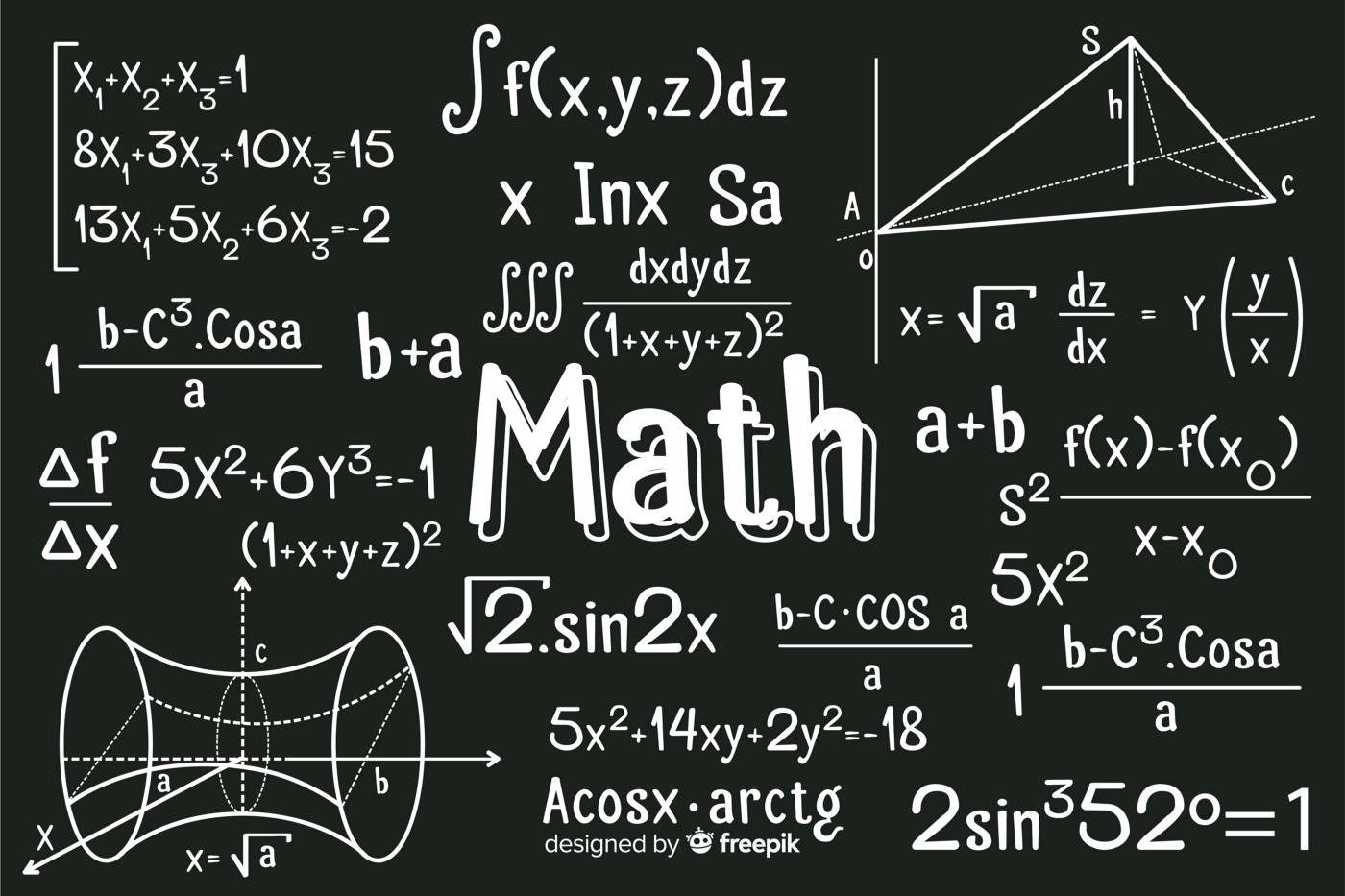
- Practical Applications: Mathematics has numerous practical
applications in daily life. It helps individuals manage personal finances,
calculate measurements, understand statistics, and make informed decisions
based on numerical data. From budgeting and investing to understanding
probabilities and interpreting data, mathematical skills are crucial for
navigating the complexities of the modern world.
- Career Opportunities: Mathematics is the foundation for many
high-demand careers. Fields such as science, technology, engineering, finance,
economics, computer science, and data analysis heavily rely on mathematical concepts.
By learning mathematics in school, students gain a solid foundation for
pursuing these careers and unlocking a wide range of opportunities.
- Problem Solving and Critical Thinking: Mathematics teaches
students valuable problem-solving and critical thinking skills. It encourages
them to break down complex problems into smaller, more manageable parts,
identify patterns, and devise effective strategies to reach a solution. These
skills are transferable and can be applied in various academic disciplines and
real-life situations.
- Mathematical Literacy: In today's information-driven
society, mathematical literacy is essential for understanding and interpreting
quantitative information. Being mathematically literate allows individuals to
critically evaluate claims and arguments that involve numbers, statistics, and
data. It empowers them to make informed decisions and engage in public
discourse with a deeper understanding of numerical information.
- Logical and Abstract Thinking: Mathematics introduces students
to abstract concepts and symbolic representation. It trains them to think in a
structured and logical manner, developing their capacity for abstract
reasoning. This skill is not only valuable within mathematics itself but also
in other subjects and areas that require analytical thinking, problem-solving,
and creativity.
- Cultural and Historical Significance: Mathematics has a rich
history and cultural significance. Learning about the contributions of
mathematicians from different cultures and time periods helps students
appreciate the universality of mathematical knowledge. It also provides
insights into how mathematical ideas have evolved and influenced various fields
of study, fostering a broader understanding of human intellectual achievements.
- Personal Development: Studying mathematics challenges
students to overcome obstacles, persevere through difficulties, and develop a
growth mindset. It teaches them resilience, patience, and the value of hard
work. Mathematics education instills a sense of achievement and self-confidence
when students successfully solve complex problems or grasp challenging
concepts.
- Building Mathematical Fluency: Mathematics education aims to
build fluency in mathematical skills and concepts. This fluency enables
students to solve problems efficiently and accurately, facilitating a deeper
understanding of mathematical principles. It also equips students with a
mathematical toolkit that they can apply to new and unfamiliar situations
throughout their lives.
- Preparation for Higher Education: Mathematics is a core
subject that serves as a prerequisite for many higher education programs.
Whether pursuing a degree in the sciences, engineering, computer science,
economics, or business, students need a strong mathematical foundation to excel
in these fields. Mathematics education in school prepares students for the
rigors of higher education by equipping them with the necessary mathematical
knowledge and skills.
In conclusion, mathematics is taught in schools to provide
students with a broad range of skills and knowledge that are essential for
their academic, professional, and personal development. It enhances critical
thinking, problem-solving abilities, logical reasoning, and numeracy skills,
enabling students to succeed in various disciplines and thrive in today's
increasingly quantitative world.

